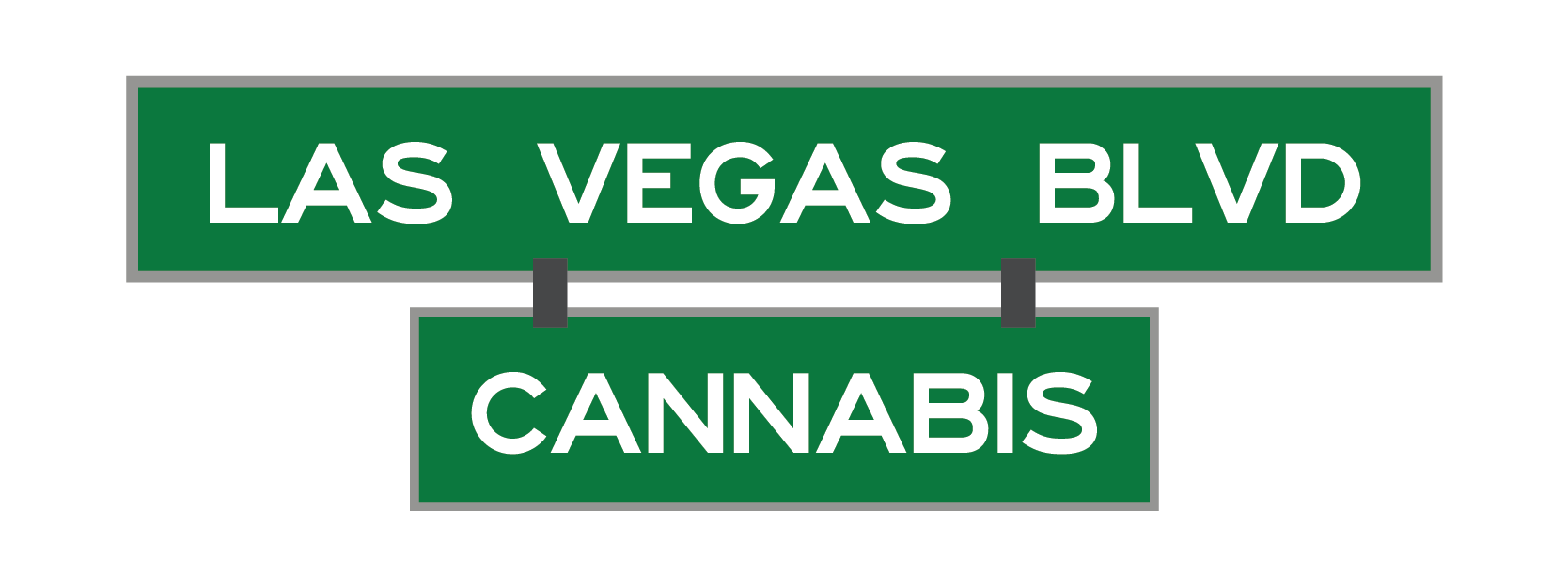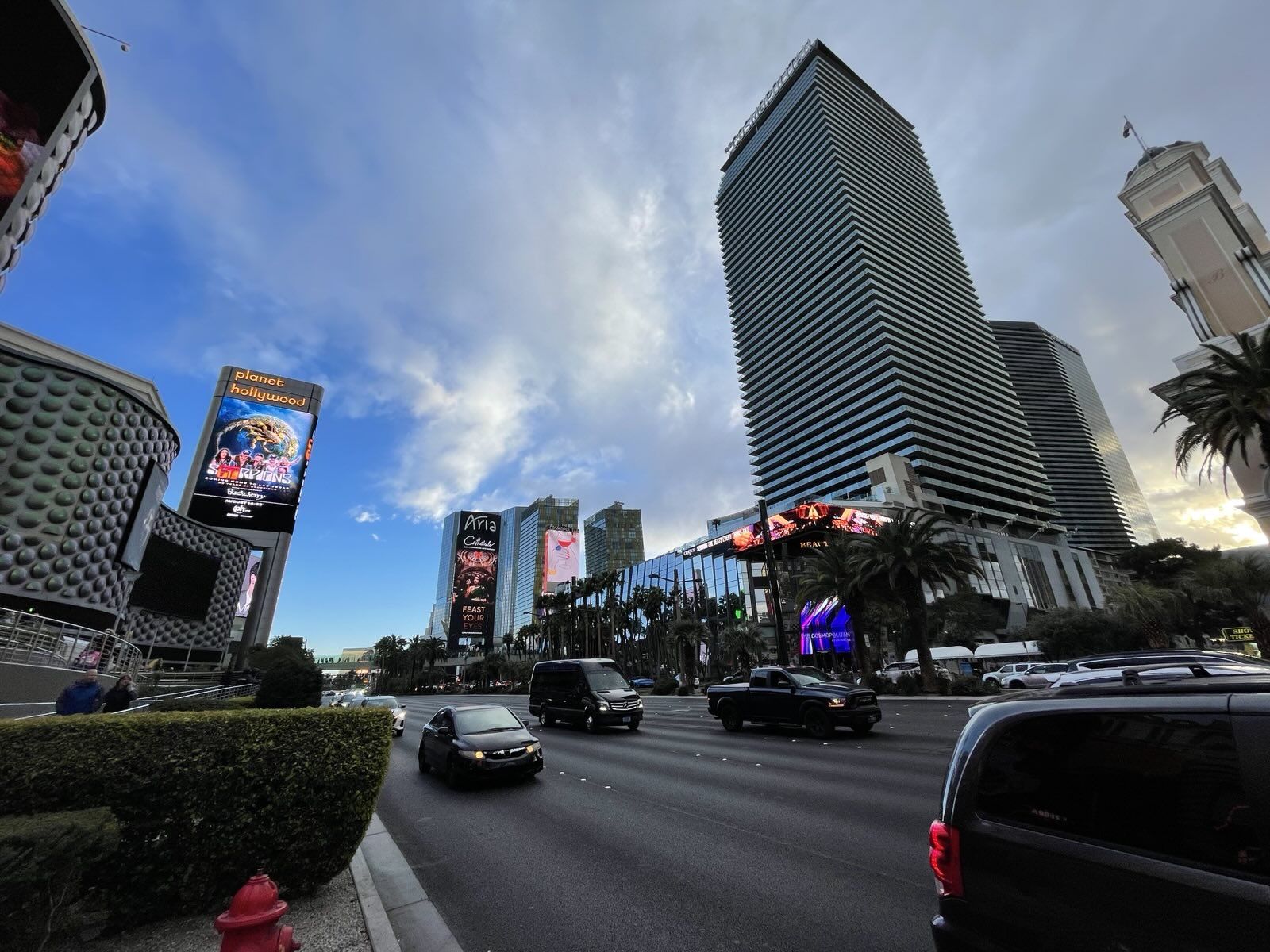Las Vegas didn’t stumble into its role as the cannabis industry’s gathering place; it earned it. The city’s meetings machine is unmatched: in 2024, Las Vegas hosted about six million conventioneers, powered by a deep bench of venues and a business-first hospitality culture. The Las Vegas Convention Center (LVCC) anchors that ecosystem with a modern campus that includes the 1.4-million-square-foot West Hall and quick access to roughly 150,000 nearby hotel rooms—logistics that make global expos feasible.
At the center of the calendar is MJBizCon, the industry’s largest B2B show. The 2024 edition brought roughly 30,000 attendees and 1,400 exhibitors to the LVCC—numbers that explain why brands plan launches and investors time deal-making around this week. The show is slated to return to Las Vegas on December 2–5, 2025, reinforcing the city’s lock on the marquee slot.
Las Vegas also hosts vertically focused events that keep operators returning between Q3 and Q4. Cannabis Business Times’ Cannabis Conference has made Paris Las Vegas a reliable home base and typically draws thousands; organizers reported more than 3,000 participants in 2023 and returned to the Strip August 20–22, 2024. Meanwhile, CHAMPS Trade Shows—whose nationwide series reported 86,700 total attendees across six events last year—anchors multiple Las Vegas editions that connect smoke-shop buyers with accessories brands in a buyer-qualified setting.
What makes Vegas different is the scale and specialization baked into its infrastructure. The LVCC’s ongoing renovation extends the design upgrades that came with West Hall, while the on-site LVCC Loop shuttles attendees across the grounds in minutes during peak traffic. Independent industry rankings have named Las Vegas North America’s top trade-show city for more than two decades—a reputation that gives cannabis organizers confidence their shows will scale. The LVCC offers about 2.9 million square feet of exhibit space and 225+ meeting rooms on a 4.6-million-square-foot campus. A $600 million renovation running through 2025 will further modernize the legacy halls.
The near-term outlook is a blend of momentum and recalibration. On the upside, a federal move to reschedule cannabis to Schedule III—still in rulemaking as of mid-2025—could unlock mainstream sponsorships, reduce tax burdens tied to IRS §280E, and draw new corporate divisions onto expo floors. On the caution side, Las Vegas’s consumption-lounge experiment remains a work in progress: two lounges were operating as of January 2025, but by April only one remained open, reflecting regulatory frictions and economics. Expect the policy community to keep informing the market; UNLV’s Cannabis Policy Institute, for example, has been publishing state-level research to support evidence-based decisions.
Even with those caveats, the fundamentals point to sustained leadership. The city’s convention engine delivers reliable room blocks, flight capacity, production labor, and media attention at a scale rival destinations struggle to match, and its flagship cannabis shows are entrenched for the foreseeable future. Expect MJBizCon to remain the industry’s annual center of gravity, Cannabis Conference to deepen technical education for operators, and CHAMPS to expand buyer-seller marketplaces. In short, the business of cannabis will keep meeting in Las Vegas—because the city is built to make it work. That trajectory looks durable for years to come.
Read More: The New Itinerary: How Vegas Became a Cannabis Hospitality Hub

